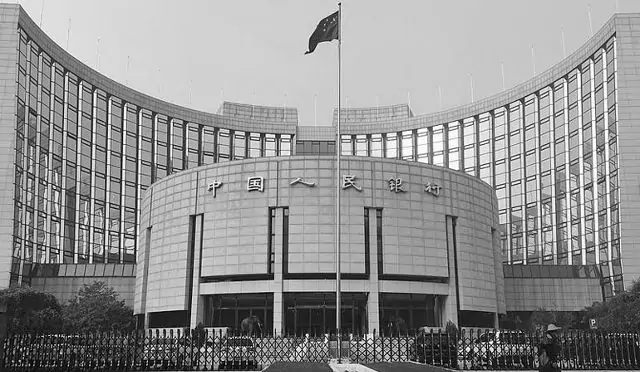The Chinese government has injected an element of positivity into Asian markets this month with a surprise stimulus package, the fourth of its kind in 16 years. The government in Beijing obviously felt the economy was flagging enough to unveil another package of measures.
The move has certainly boosted Hong Kong stocks and we are also hearing of increased investor interest in previously shunned China ETFs, which have been largely dormant for the past two years. Brokers in Hong Kong also report that the move has re-ignited discussions about possible large scale IPOs in that market.
The new stimulus measures include stock market support, monetary easing and housing measures. They have produced an immediate rally in Chinese stocks.
Chinese stocks offered buy-back cash
The government has offered over $86bn to listed firms in China to allow them to buy back their own shares. Interest rates have been slashed on market instruments and mortgages, and subsidies have been increased for state enterprises to enable them to buy unfinished homes. Much of the focus is obviously on supporting the property market, which has been ailing in recent years, and where a lot of ordinary consumers have skin in the game.
China’s finance ministry said that the government would increase its own borrowing as part of the measures, but would also lean on local provincial governments to spend more from the cash they have borrowed but have not spent.
Some Asia market analysts are comparing China’s moves with those undertaken by Japan, which has been working to make its stock market more attractive to foreign investors. The bull market in Nikkei stocks we saw in 2023-24 was largely driven by policy measures in Japan, and has also translated into steady growth for the Japanese corporate sector.
Among the beneficiaries of the Chinese stimulus measures are likely to be the country’s massive infrastructure sector, as well as the wider real estate market. The manufacturing industry could be another beneficiary, translating into a new boost in exports. Chinese exporters have been suffering in the post-Covid environment, partly due to ongoing disruption in global supply chains.
Importantly, the government was also talking to China’s 200m stock market investors, who seem to have appreciated the stimulus program. The SSE Composite Index is up 15% on the month. Hong Kong’s Hang Seng Index is up nearly 9% over the last 30 days, and was trading higher.
Some Western analysts have questioned whether the measures would produce a longer term rebound for China’s economy however. Worries about the levels of debt being carried by China’s municipal governments are persistent. The property market also looks over-extended and has been for some time, with hundreds of apartment blocks still standing empty, many of them unfinished (some estimates put the number of unused Chinese apartments as high as 50m).
Falling real salaries and high youth unemployment will also be a concern for the government.
The government is expected to maintain a GDP growth target of 5%. If the latest round of measures does not maintain this level of growth over the winter, we could see more measures to come in 2025.











